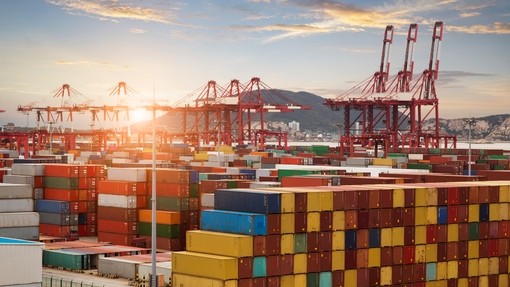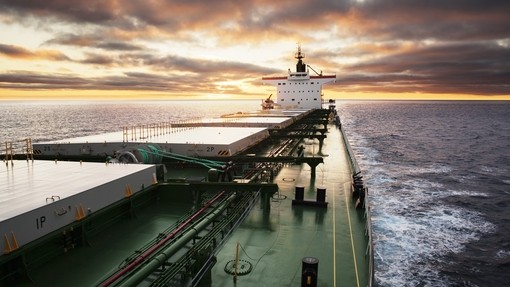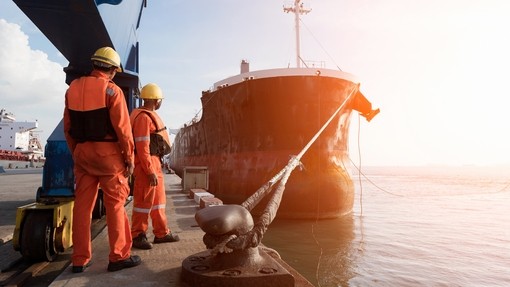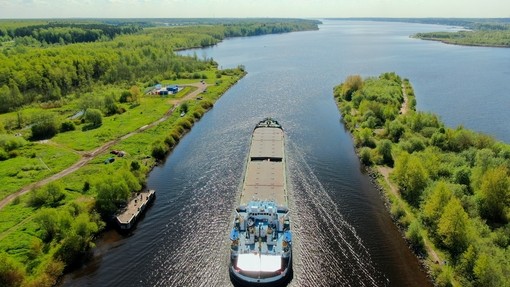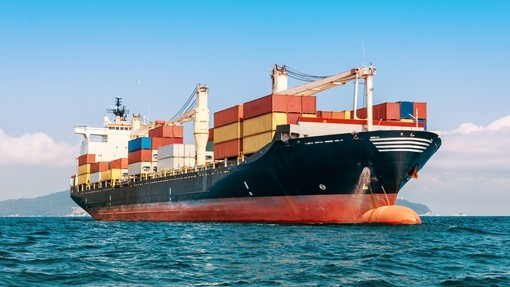Herculito Maritime Limited and others -v- Gunvor International BV and others [2020] EWHC 3318 (Comm)

Details
In this case, the court considered an appeal by Herculito Maritime Ltd (owners), under section 69 of the Arbitration Act 1996, to an arbitral award in which the tribunal had held that Gunvor International BV (cargo owners) were not liable to pay general average (GA) in respect of a ransom payment made to pirates for the release of the vessel.
Factual background
By a fixture recap dated 20 September 2010, on the terms of an amended BYPVOY4 form and additional clauses (the charterparty), owners chartered “M/V POLAR” (the vessel) to Clearlake Shipping Ltd (charterers) for a voyage from St. Petersburg to Singapore via the Gulf of Aden, with a cargo of fuel oil. Six bills of lading were issued, dated variously 29 and 30 September 2010 and 2 October 2010 (the bills of lading). The bills of lading provided that freight was payable as per the charterparty and that they were subject to all terms and conditions, liberties and exceptions of the charterparty.
The charterparty contained a war risks clause that (i) conferred on owners liberties not to continue on the voyage or to deviate if the vessel might be exposed to war risks and (ii) imposed on charterers an obligation to bear additional expenses caused by the exercise of these liberties (clause 39). The charterparty also contained several additional clauses including a Gulf of Aden clause and a war risk clause, which provided that any additional premiums payable by owners in respect of war risks were for charterers’ account (the additional clauses). Owners had an annual H&M and war risk insurance which covered piracy but excluded certain areas, in particular the Gulf of Aden. Accordingly, owners purchased additional cover for the transit through the Gulf of Aden.
On 30 October 2010, whilst transiting the Gulf of Aden, the vessel was seized by Somali pirates and held for ransom. The vessel was released following payment of a ransom of US$7,700,000. GA was declared in respect of the ransom payment and a GA adjustment was issued, pursuant to which US$4,829,393.22 was due from cargo owners. In due course, owners made a claim under the GA bond and guarantee, which was referred to arbitration.
At arbitration, the tribunal held that clause 39 and the additional clauses were incorporated into the bills of lading and that owners had agreed to look solely to their insurance cover, and not to their counterparties under the bills of lading, for a loss covered by that insurance. Accordingly, the tribunal held that cargo owners were not liable to pay GA.
Legal issues
The court held that the two questions of law on which permission to appeal was granted, gave rise to the following two familiar issues in commercial law:
(i) First, what terms of a charter are incorporated by general words of incorporation in a bill of lading?
(ii) Second, does an agreement by one party to pay another party’s insurance effectively exclude what would otherwise be the first party’s liability to the other for loss caused by an insured peril?
In considering these issues, the court considered the well-established principles of incorporation of charterparty terms into bills of lading.
The court observed that there is no rule of construction that charterparty terms which are directly germane to the shipment, carriage or delivery of goods and impose obligations upon the ‘charterer’ are presumed to be incorporated in the bill of lading by manipulation or substitution, the decision in The Miramar [1984] 1 AC 676 was followed. It was also noted that in it must be ‘clear’ that a particular term, when read into the bill of lading, is intended to apply to the bill of lading contract.
Dealing with owners’ liberties under clause 39, the court found that owners’ liberties, not to continue with the voyage or to deviate from the usual route, were germane to the loading, carriage and discharge of the cargo, the liberties impinged on the question whether the cargo would be carried to the intended destination, and were therefore incorporated into the bills of lading. No manipulation or substitution was required.
As to charterers’ obligation to bear the expense caused by the exercise of owners’ liberties, the court stated that the relevant question was whether it was appropriate to manipulate the wording of clause 39, when it is written into the bills of lading, by substituting ‘bill of lading holders’ for ‘charterers’. The court held that to do so would be inconsistent with the obligation of the bill of lading holders to pay freight as per the charterparty as this would mean that the holders of the bills of lading would have to pay more than the agreed freight in the event that certain liberties were exercised by owners. The court commented that such additional sums would be unknown and unlimited and that it was unlikely a bill of lading owner would agree to such a liability.
Turning to the Gulf of Aden clause, the court reached a different conclusion from the tribunal. The court held that it was not appropriate, when reading into the bills of lading, the terms of the additional Gulf of Aden and war risk clause, to substitute the ‘holders of the bills of lading’ for ‘the charterers’. The court held that such manipulation or substitution would be inconsistent with the express obligation to pay freight as the price of the carriage of the goods to destination. Further, the court held that, in any event, the bills of lading did not clearly impose upon the holders a liability to pay the additional insurance premium. Rather, the relevant provisions were no more than an accounting mechanism as between owners and charterers. The judge commented that to impose upon a single bill of lading holder liability for the whole insurance premium would be a striking conclusion in the absence of clear words and if that had been intended one would expect there to be some clarity as to what each bill of lading holder was to pay.
Finally, the court considered whether the bills of lading, properly construed, gave rise to an exclusive insurance fund precluding owners from recovering a GA contribution from cargo owners in respect of any losses suffered as a result of perils falling within the insurances. The court stated that this was, in each case, a matter of construction, The Evia No. 2 [1983] AC 736 and The Ocean Victory [2017] 1 WLR 1793. The court held that in circumstances where owners and charterers had agreed that if owners insure against war risks in the Gulf of Aden charterers would pay the insurance premium then, prima facie, the parties have agreed to look to the insurers for indemnification in respect of losses caused by such risks rather than to each other. The court held that the relevant question, therefore, was whether there was any reason why this prima facie position should be displaced.
The court, agreeing with the tribunal, held that on the true construction of the charterparty the parties had agreed to look to the additional policies for the recovery of relevant losses and owners were precluded by that agreement from seeking to recover that loss by way of a contribution in GA. However, as between owners and cargo owners, the court held there was no proper basis for concluding there was an agreement that where a GA expenditure had been incurred as result of an insured peril, owners may look only to the insurance policy and not to a contribution in GA from cargo owners.
Sir Nigel Teare considered that it was inappropriate to incorporate into the contract evidenced by the bills of lading owners’ agreement with charterers that owners would not seek to recover the piracy losses from charterers because (a) it divorced charterers’ obligation to pay the premium from owners’ agreement not to claim for these losses and (b) the holders of the bills of lading had not agreed to pay the premium. Accordingly, the court held that owners’ appeal succeeded.
Permission to appeal to the Court of Appeal has been granted.
Comment
The court’s decision in this case provides a fresh perspective on the long-running list of cases where shipowners have contended that the relevant provisions of a charterparty are incorporated into the bills of lading. In this case, the bill of lading holders contended that the relevant terms were incorporated.
This judgment will be of particular interest to those in the marine and insurance industries as it deals with the question of whether the incorporation of an agreement by charterers to pay the insurance premium for any types of losses in the bill of lading, precludes owners from seeking a GA contribution from the bill of lading holders for a loss covered by that insurance.

